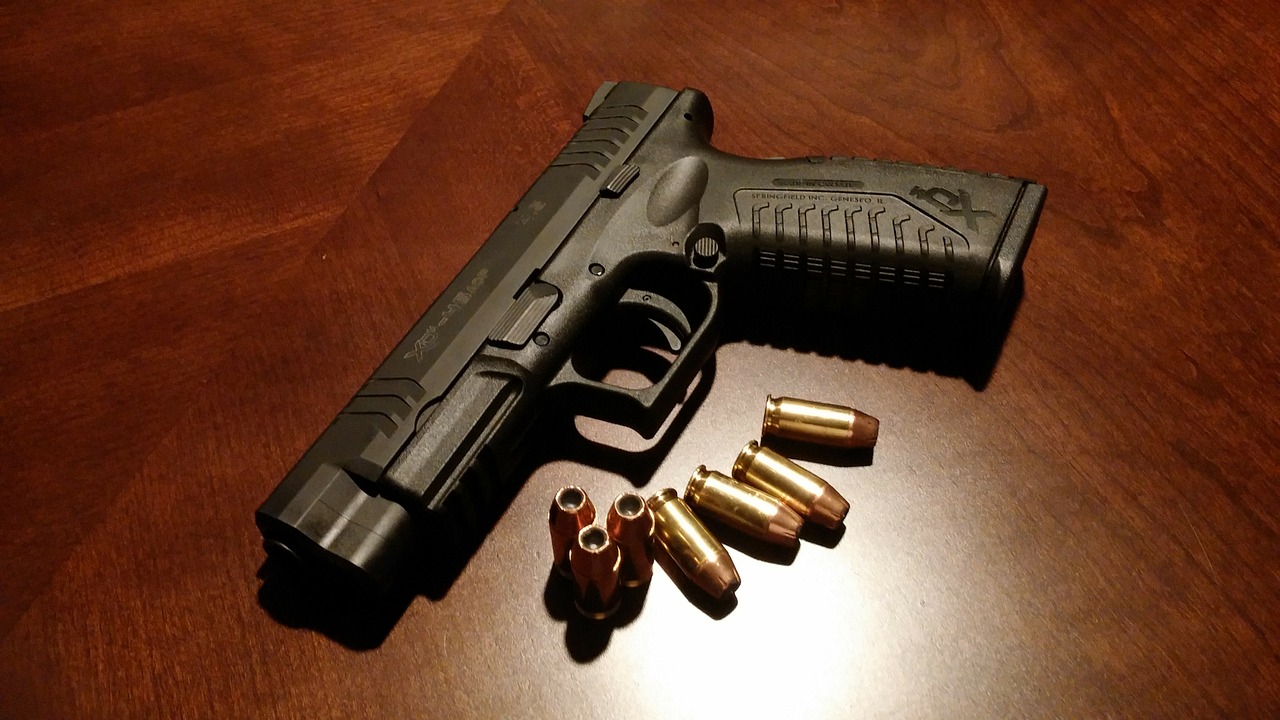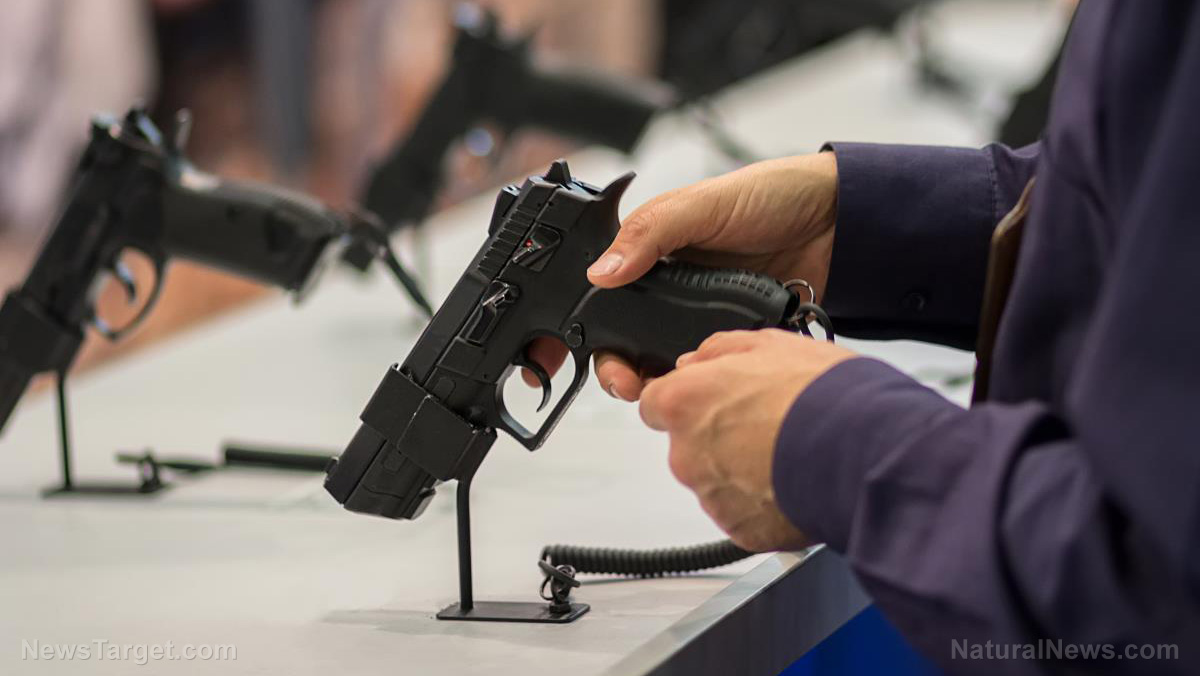
Advertisement
A Massachusetts coalition of doctors and law enforcement is starting a program to encourage physicians to start asking patients whether they own guns.
Backers say the program is a public health screening program designed to make sure patients have access to good safety information, similar to asking patients whether they are smokers or have a swimming pool. But gun rights groups such as the National Rifle Association have criticized such programs as an infringement of the privacy implied by the Second Amendment, and say it exceeds the bounds of responsible medicine.
Patients are not legally required to answer such questions, nor are doctors legally required to ask them.
According to Massachusetts Attorney General Maura Healey, the new program is intended to help cut rates of gun accidents, violence and self-harm.
“While the vast majority of gun owners are responsible and deeply committed to gun safety, this remains a public health issue, and conversations between patients and health care providers are critically important to preventing gun-related injury and death,” Healey said.
Two separate groups representing state police chiefs have endorsed the program.
“Many households in our country have guns, but they can cause harm if not handled properly,” said Chief James DiGianvittorio, president of the Massachusetts Chiefs of Police Association. “We require the bearer of a license to carry a permit, to take required safety courses, however, many times other family members have no formal training. This program will at the very least open the door to conversations between physicians and patients on the risk factors associated with firearms-related injuries.”

Program backers emphasized that firearm owners identified through screening will not be reported to law enforcement, but will instead receive gun safety counseling.
The first step of the program is simply distributing pamphlets to doctors to educate them about good gun safety practices. The next step will be an education program to teach doctors how to talk to patients about safe handling and storage of firearms.
The Massachussetts program is part of a larger trend in the medical profession toward viewing gun safety as a public health concern. The American Medical Association has long advised that doctors ask patients about gun ownership, comparing the issue to swimming pool safety or lead paint.
A 2016 article in the Annals of Internal Medicine recommended that all doctors ask during routine screening if patients own guns, then follow up by asking if the patient personally owns the gun, and how it is stored. For doctors reluctant to screen all patients, the article instead recommends focusing on “high risk” patients such as those with a history of violence, suicidal thoughts, or substance abuse.
Supporters of such programs point to studies like a 2005 survey published in the journal Pediatric Nursing, which found that only 15 percent of parents who owned guns stored them safely, even though 100 percent said they believed in the importance of safe storage. The authors of this study noted that parents falsely believed that talking to young children about gun safety reduced children’s risk of being injured in gun accidents. In fact, safe storage is the only thing proven to reduce children’s risk.
The flip side to this argument is the fact that counseling by doctors has not been proven to change patients’ behaviors in regard to gun storage.
Gun privacy advocates also worry that whatever the stated intention of such programs, information collected could find its way into the hands of the government.
Indeed, while the Privacy Rule of the Health Insurance Portability and Accountability Act of 1996 (HIPAA) does prohibit doctors from releasing information collected from patients, it contains several conditions under which information sharing with law enforcement is permitted: 1) in compliance with court orders, warrants and subpoenas; 2) to identify or locate a suspect, fugitive, witness, or missing person; 3) in response to a law enforcement request for information about a victim; 4) to inform law enforcement when criminal activity is a suspected cause of a person’s death; 5) as evidence of a crime committed on facility premises; and 6) during a medical emergency to inform law enforcement about a crime, its victims, or its perpetrators.
Sources for this article include:
Submit a correction >>
This article may contain statements that reflect the opinion of the author
Advertisement
Advertisements















